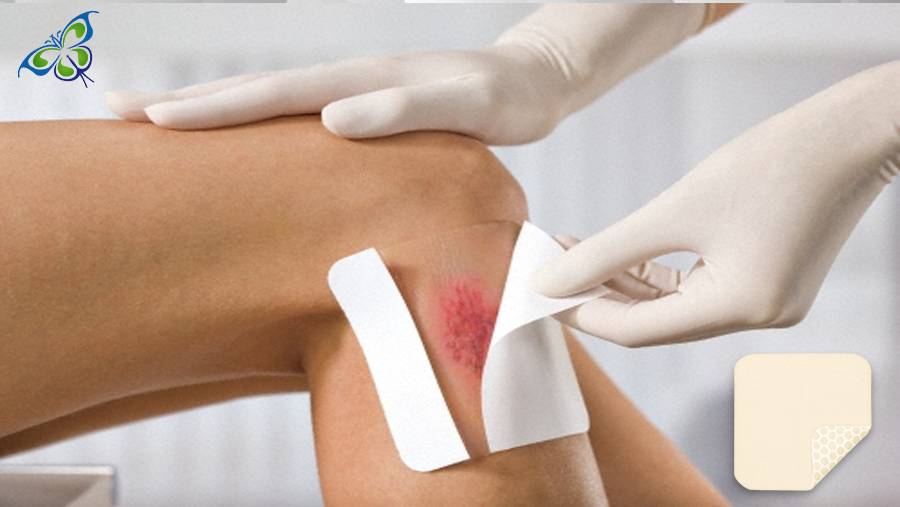
Hello
Select Address

The most abundant protein that is found in our body is ‘collagen’. Collagen is present in bones, muscles, tendons, skins, etc. So, what is its function? Their prime function is to provide rigidity. The strength and structure in different parts of the body can be attributed to this plentiful protein. In brief, the 2 key roles that collagen plays in our body are:
• It forms a scaffold to provide both strength and structure
• It helps in clotting the body’s blood too
More insight about the protein collagen – endogenous collagen is synthesized by the body naturally to act as the major binding factor. However, the ‘collagen’ that we will discuss in this article is - exogenous collagen. It comes from outside supplements as well as used by medical professionals in the repair of body tissues. A vivid example of exogenous collagen used in the medical world is ‘collagen dressings’.
A basic idea on collagen dressings
These wound care products are made from animal sources – cattle, horse, and pig; you can respectively categorize these as bovine, equine, and porcine collagen dressings respectively. How do they actually work?
They help promote the development of new collagen, which contributes to a speedy recovery of the wound. It also helps in generating cells like fibroblasts and keratinocytes, which in turn aids in angiogenesis (development of new blood vessels in the wound site) and debridement (cleansing of the wound bed by removing microorganisms, environmental debris, etc.). The growth of new tissues stimulated by collagen dressings gives rise to new collagen fibers and granulation tissues as well.
Finally, they form a chemical bond with the MMPs (matrix metalloproteinases) which is found in the extracellular fluid of the affected area. Since MMPs normally attack and break down collagen, collagen dressings are a rescue as they provide an alternative collagen source to the body to carry out the healing process!
Where ‘they are’ and where ‘they are not’ applicable?
Collagen dressings are found to be best functional in case of:
• Wounds with partial or full-thickness
• Those that exudates from a minimal amount to the highest degree
• Skin grafting cases
• Second-degree burns
• Surgical and tunneling wounds
• Wounds that are both infected and non-infected
• Necrotic and granulating wounds
• Wounds faced with ‘stalled healing’ at the inflammatory phase
Contraindications, that is, cases where such dressings don’t work include –
Collagen dressings are not applicable primarily where the patient is sensitive to bovine, porcine, or any animal products. They are also unfit for third-degree burns and wounds covered in dry eschar.
Why your medical expert would advice collagen dressings?
These specialty dressings are advantageous in more ways than one. Collagen dressings can stay up to 7 days (of course according to the need of the wound). They are available in several forms too and you can choose as per your own convenience or the medical advisor who is guiding you. Collagen dressings are available in gels, powders, pastes, pads, as well as freeze-dried sheets.
Quite familiar to other specialty dressings, collagen too, bears the uniqueness of being non-adherent, sufficiently absorbent, easy to apply, and remove, with the capacity to maintain a moist environment!